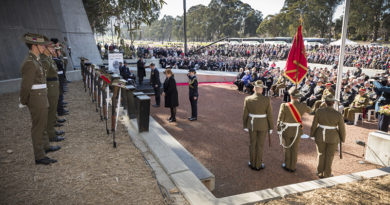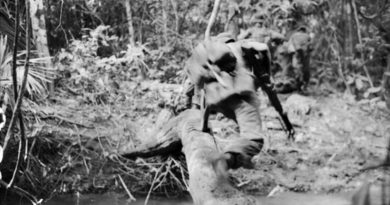The Soldier-Poet

Although relatively unknown at the time, Wilfred Owen would come to be recognised as the best of the WWI poets. He was killed in action one week to the hour before Armistice was declared on 11th November, 1918. His “Anthem for Doomed Youth” in not only the most significant poem from that war, but is considered one of the great sonnets of English literature. I drafted the attached during a private two-week battlefield tour in 2008 retracing the movements of the 48th Bn AIF, then ending with a visit to Owen’s grave at Ors.
Wilfred Owen was born on 18 March 1893 and was killed on 4 November 1918.
.
.
From England’s safe warm beds and pulpits
Came words of duty, honour and glory
To men who heard only bombs and bullets
And the cries of the broken and death weary
Then one voice spoke of the true face of war
Poems of the waking nightmare that he saw
In elegies of bodies, broken and bloated
Of gassed soldiers battered and blistered
An anthem for “Doomed Youth”, as vivid
As the horror from which it had flowered
The pity of war inspired the poetry
The poetry he found in the pity
In verse he challenged military tradition
Of glory and honour to die for country
Yet in battle he earned a bravery citation
For an act of conspicuous gallantry
An unlikely soldier and little-known poet
At war’s end he fell to a sniper’s bullet
England’s bells rang with joy that morning
When the monstrous guns of war fell silent
Yet one small bell chimed a knell of mourning
For on that day of Armistice was sent
The telegram with its message of dread
The soldier-poet, Wilfred Owen, was dead
Frank Meredith
2008
.
.

.
.





